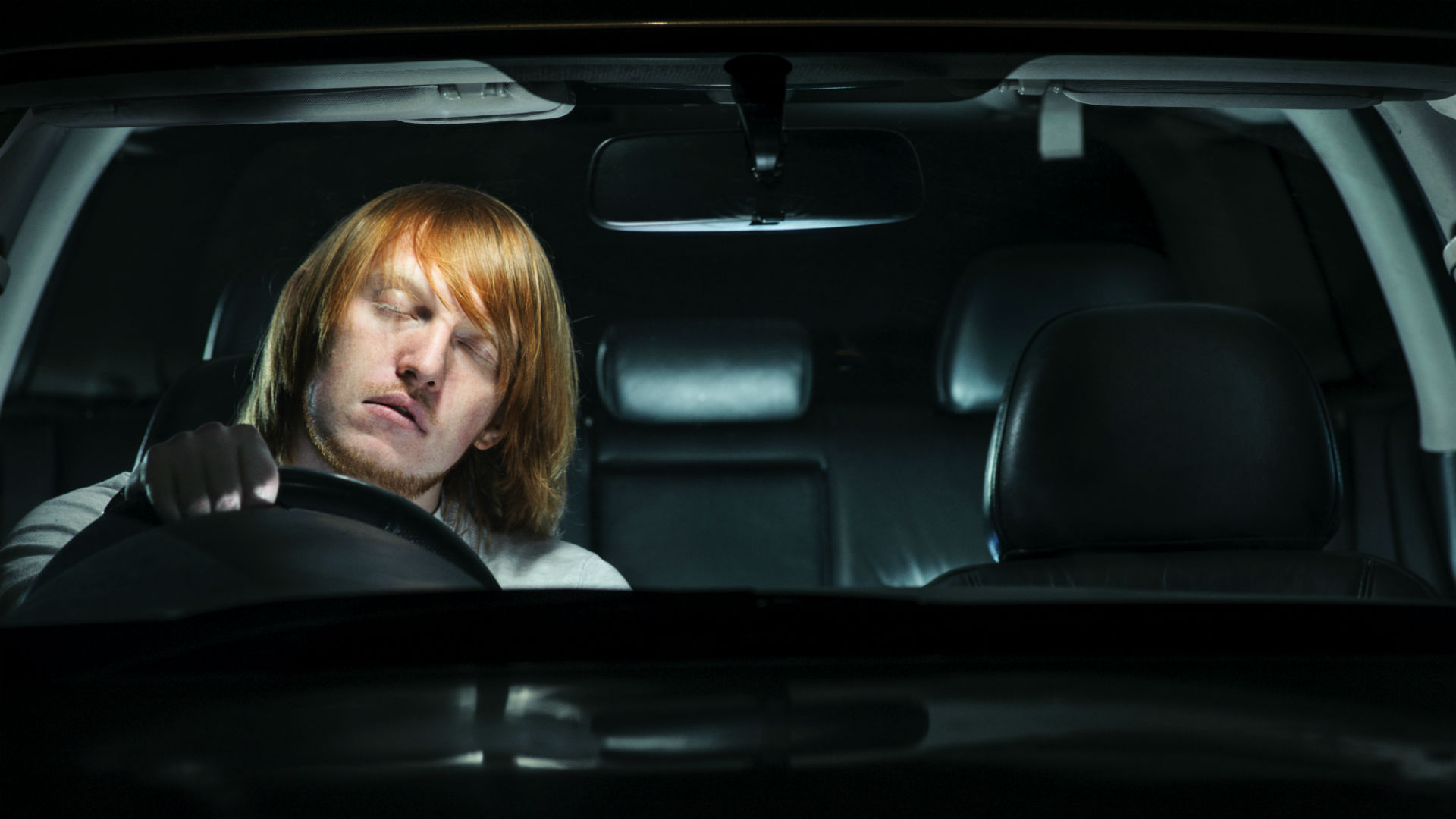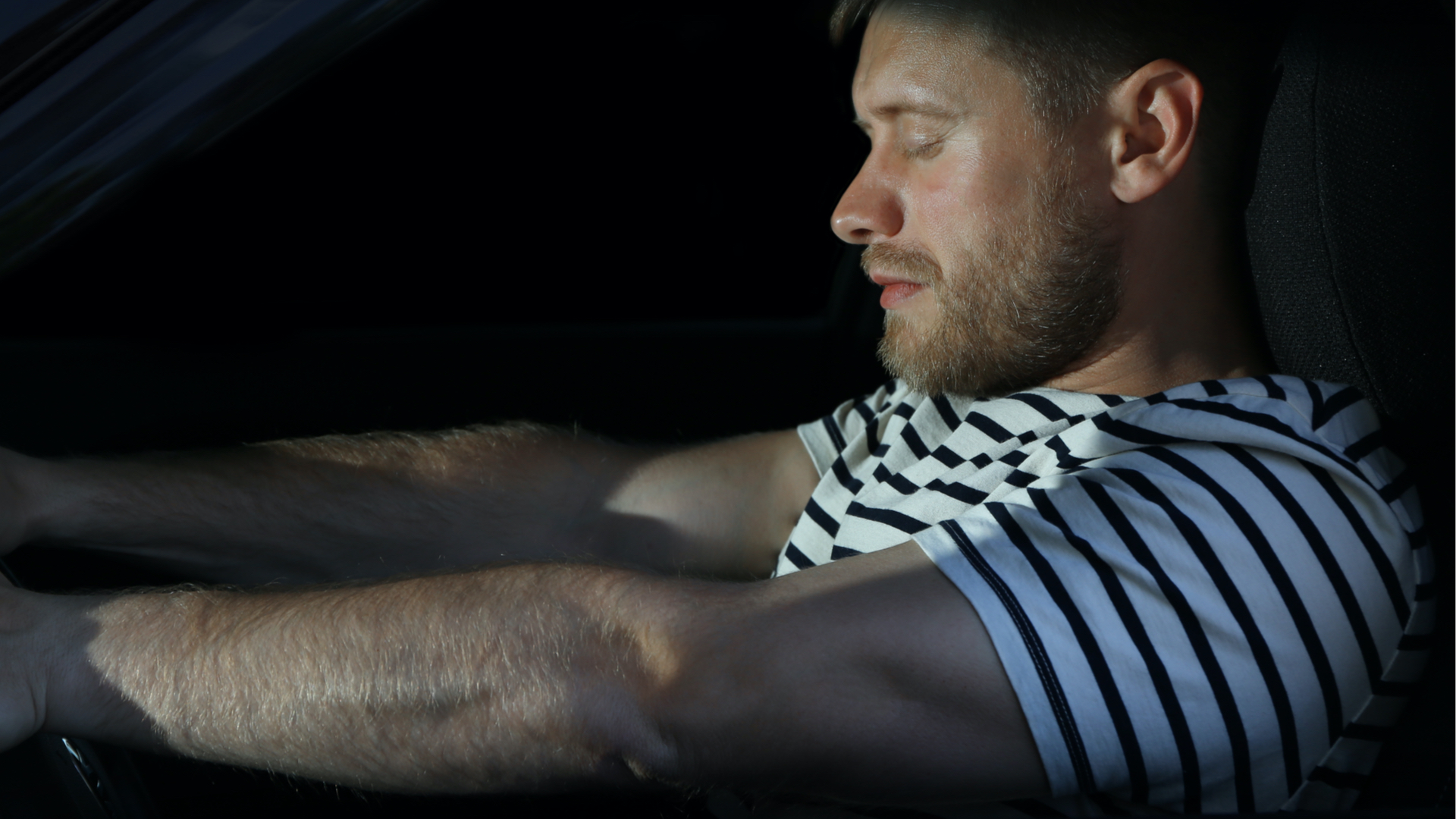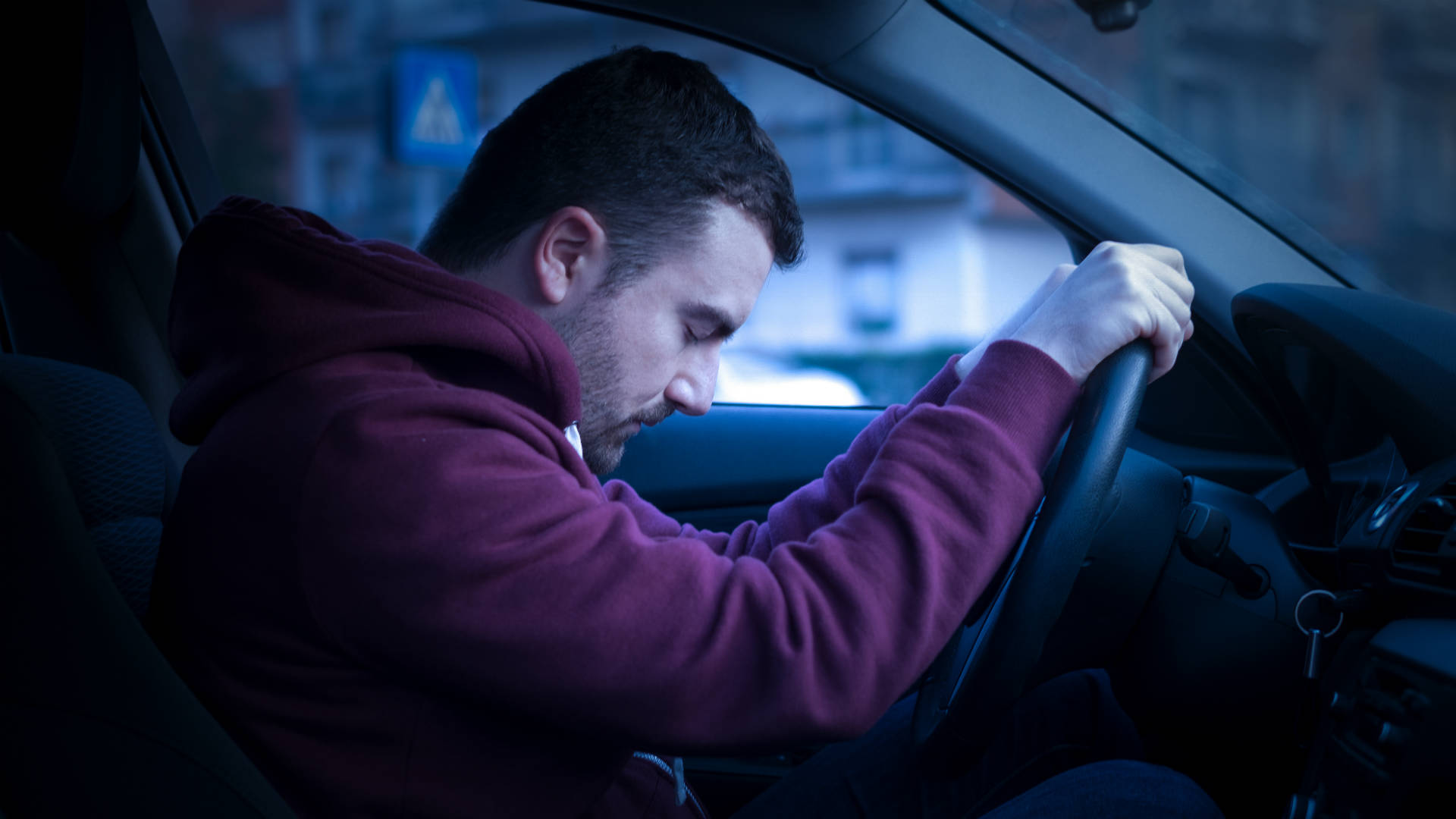
A fifth of road accidents in the UK are caused by tiredness. Perhaps it’s no surprise, then, that a third of UK motorists are scared of driving in the dark.
According to the Royal Society for the Prevention of Accidents (RoSPA), driver fatigue also plays a part in up to a quarter of fatal and serious-injury accidents.
And another worrying stat: such crashes are 50 percent more likely to result in death or serious injury. That’s because because a driver who has fallen asleep cannot take action to mitigate an impact.
RoSPA says accidents caused by tired drivers are most likely to happen:
- On long journeys and on monotonous roads, such as motorways
- Between 2am and 6am
- Between 2pm and 4pm (especially after eating, or drinking even one alcoholic drink)
- After a night of interrupted or reduced sleep
- After drinking alcohol
- If taking medicines that can cause drowsiness
- After working long hours or a night shift
Identify the signs of tiredness

It’s important to recognise the signs of tiredness. Failure to do so could result in a car accident caused by reduced reaction times, decreased attention levels and an inability to judge risks.
Symptoms include:
- Yawning or rubbing your eyes
- Frequent blinking
- Daydreaming
- Trouble remembering the last few miles driven
- Missing exits or traffic signs
- Drifting from your lane
How to stay awake when driving

Not getting behind the wheel when tired is a good place to start, but the following tips will help you stay awake:
- Prevent tiredness: make sure you get between seven and eight hours of sleep the night before you drive. If you’re regularly feeling tired, even after a full night’s sleep, arrange to see your doctor.
- Plan ahead: design your journey to allow you to take regular rest breaks, especially if you’re driving during peak tiredness times.
- Minimise the risk: plan to stop at a motorway services for a quick rest. Arrange to share the driving with a friend or family member. Coffee will help, but it’s NOT a solution to tired driving.
- Stay cool: excessive use of in-car heating will make you feel sleepy. Keep the car comfortably cool and open the windows to get some fresh air.
Rule number 91 of the Highway Code also states that a minimum break of at least 15 minutes after every two hours of driving is recommended.
ALSO READ:
What are green number plates and which cars can use them?
How to find the cheapest petrol and diesel near you
What is keyless car theft – and how can you prevent it?